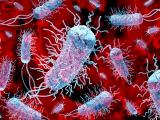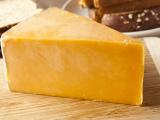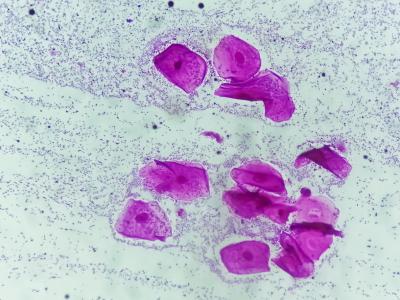Sep 21, 2001 (CIDRAP News) Contaminated alfalfa and clover sprouts caused 600 confirmed cases of illness and probably triggered thousands of unreported cases in California and neighboring states from 1996 through 1998, according to a recent report in Annals of Internal Medicine. In view of their findings, the authors say sprouts at present are an inherently dangerous food.
Since reliable methods for disinfecting seeds or sprouts are not currently available, clinicians and the general public should recognize that as currently produced, raw sprouts are an inherently dangerous food, especially for people at risk for high morbidity from salmonellosis or E[scherichia] coli O157 infections, states the report by Janet C. Mohle-Boetani, MD, and colleagues.
The researchers investigated five outbreaks of salmonellosis and one outbreak of Shiga-toxin-producing Escherichia coli infections that were identified by Californias Microbial Disease Laboratory in the 3-year period. The outbreaks ranged in size from 417 patients with salmonellosis in a 1996 episode to 8 patients with E coli O157 infections in 1998. Case-control studies were done on five of the six outbreaks by matching case-patients with age-matched people who had had no diarrheal illness in the reference month.
To identify food sources of pathogens, the researchers administered a hypothesis-generating questionnaire concerning 65 food items to a small sample of patients from each of the five outbreaks. The results were used to create outbreak-specific questionnaires that were used in interviewing all case-patients and controls regarding their food choices at the time of the outbreaks. The researchers then calculated odds ratios (ORs) and 95% confidence intervals (CIs) for specific foods.
ORs for sprout consumption in the five outbreaks studied ranged from 5.0 to infinity, and all were significant. For example, in outbreak 1, which affected 417 people, 38% of patients had consumed sprouts, versus 11% of controls (OR, 5.0; 95% CI, 1.4 to 27.0). Of those who had eaten sprouts, 71% reported eating sprouts from the same grower. In outbreak 4infection with nonmotile E coli O157all case-patients and no controls had eaten sprouts.
The investigators used information from patients to locate sprout retailers and growers, and they reviewed growers records to determine seed sources and production processes. Three sprout growers were implicated, and each was linked to two outbreaks. The researchers reported a variety of grower practices that could contribute to microbial contamination of sprouts, including lack of seed disinfection, use of soil instead of hydroponic methods, and violation of Good Manufacturing Practices.
Because the diagnosis of salmonellosis in most outbreaks is laboratory-confirmed in only a small fraction of patients, the authors estimated that about 22,800 people became sick in the six outbreaks. The patients with confirmed cases were predominantly women.
Although disinfection of seeds can reduce contamination in sprouts, no reliable method of eliminating all pathogens is available, the authors say. Most consumers and retailers do not cook sprouts, and since bacteria on the seed surface can become internalized during sprouting, washing sprouts is probably an ineffective way to eliminate pathogens, they state. They recommend continued research on decontamination methods such as irradiation, ozone treatment, and the use of competitive microflora. Meanwhile, they conclude, Consumers who want to decrease their risk for foodborne illness should avoid eating raw sprouts.
Mohle-Boetani JC, Farrar JA, Werner SB, et al. Escherichia coli O157 and Salmonella infections associated with sprouts in California, 1996-1998. Ann Intern Med 2001;135(4):239-47 [Abstract]

















